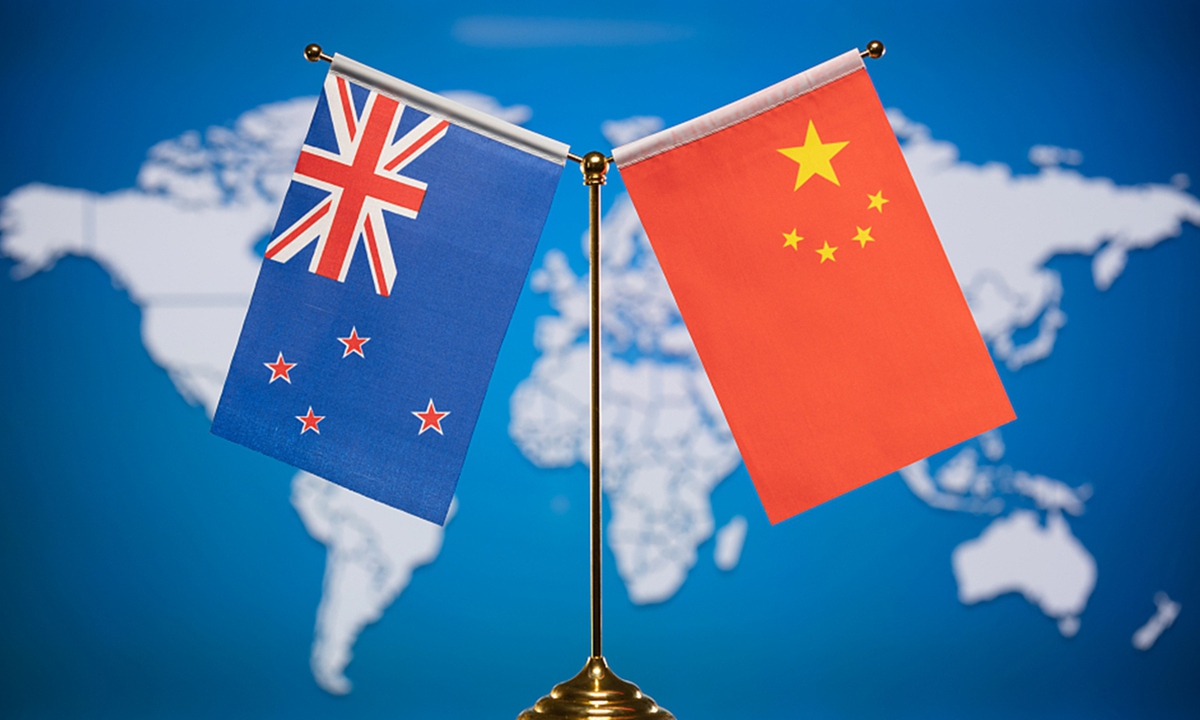
Background and Context
The New Zealand intelligence agency recently expressed concerns over the targeting of ethnic Chinese communities by individuals and entities tied to Beijing. This revelation aligns with similar concerns voiced by Canada’s intelligence agency. They highlighted the growing trend where foreign actors, including China, “monitor, intimidate and harass diaspora communities” to promote specific narratives and silence dissidents.
Media in the Spotlight
Prominent Auckland publishers like Su Wende and Chen Weijian have felt this pressure firsthand. Wende’s newspaper, Mandarin Pages, was a daily publication until a combination of blacklists and advertising boycotts, reportedly driven by China’s consulate, reduced it to a weekly. Similarly, Weijian’s New Times Weekly faced similar tactics, which culminated in a lawsuit that eventually drove the publication out of business.
ALSO READ: China’s Military Drills Around Taiwan: A Response to VP Lai’s U.S. Visit
It was reported by RFA that there is an evident trend of Beijing deploying a mix of money, aggressive diplomatic maneuvers, and boycotts to promote China-friendly press coverage in foreign lands. These operations primarily target the ever-growing Chinese diaspora communities in Western democracies. This becomes more concerning as the United States and its allies reassess their economic relations with China due to security concerns.
Impact on Local Publications
Su Wende, in a conversation with RFA, detailed his journey with Mandarin Pages. Initially, during its glory days, it was a dominant voice in the Chinese community of New Zealand. However, by the end of 2022, the once-thriving newspaper had dwindled to just three full-time employees. Although part of this decline can be attributed to the global shift from print to digital media, Wende emphasized that for Mandarin publications, the significant challenge stems from Chinese diplomatic interventions. He cited that his newspaper has been blacklisted by the embassy in the past five years, a move that has significantly impacted their revenues.
Legal and Social Media Battles
Chen Weijian, another publisher, recalled his challenges after establishing New Times Weekly in 1996. Within a few months, the consulate began intervening in their operations, providing lists of writers and journalists they shouldn’t publish.
ALSO READ: China Advocates for ‘Xizang’ Over ‘Tibet’: A Push to Reshape Global Perceptions?
After some disputes and a controversial coverage of the Falun Gong practitioners’ self-immolation at Tiananmen Square in 2001, the consulate reportedly began advising advertising agencies and the Chinese community against advertising with New Times Weekly. This was followed by a defamation suit from the pro-Beijing newspaper, Chinese Herald, leading to the closure of New Times Weekly in 2011.
Chinese Media Expansion Amid Challenges
While publications like Mandarin Pages face challenges, the Chinese Herald has seen growth in both its staff and readership. Anne-Marie Brady, a professor at Canterbury University, has studied how the Chinese Communist Party collaborates with or purchases local Chinese-language media outlets to exert its influence. Her findings suggest that Chinese Herald, which was initially independent, has increasingly aligned itself with Chinese media control agencies over time.
Public Opinion and the Way Forward
Public opinion regarding China in New Zealand has been evolving. A 2021 Pew Research Center poll revealed a significant percentage of New Zealanders holding negative views of China. However, research by Taiwan’s Doublethink Lab suggests contrasting views within the Chinese community in New Zealand. The majority of them rely heavily on WeChat and Mandarin communities for information, often echoing the slogans and narratives from China’s official spokespeople.
This evolving media landscape underscores the importance of understanding and countering foreign influence operations while ensuring diverse voices within diaspora communities are not stifled.






